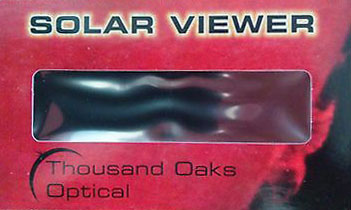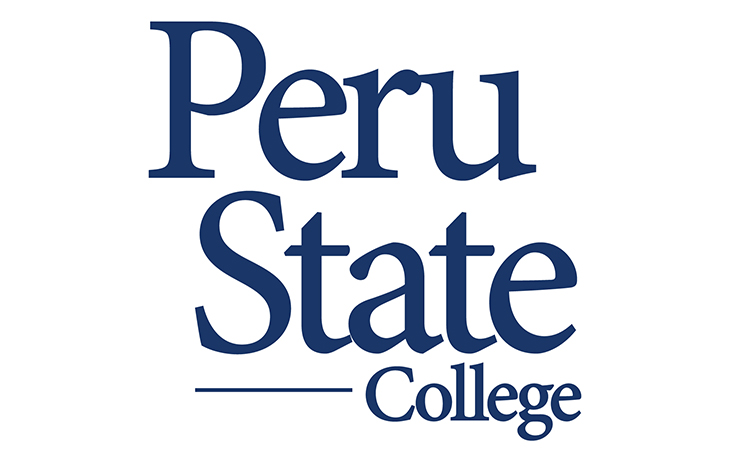FOR IMMEDIATE RELEASE
8:00 p.m., August 20, 2017
Jason R. Hogue, Director of Communications, Peru State College, jhogue@peru.edu, 402-872-2429
Peru, Nebraska – In August of last year, the Peru State Marketing Department started planning for the
coming solar eclipse in 2017. Later the idea was pitched for Peru State to provide
solar eclipse viewers to its closest neighboring schools in the path of totality.
Dr. Dan Hanson, president of Peru State, said, “Providing solar viewers is a great
way for Peru State to engage with school districts and their students. Everyone in
the path of totality will need safe, trusted viewers.”
“Peru State was glad to provide them.”
Jason Hogue, director of marketing and communications said, “Buying solar viewers
is another way for my department to introduce Peru State to potential students.”
“It also helped districts fill a safety need that looked difficult to meet. Grants
were filling some of this need, but districts were facing funding gaps."
Peru State ended up providing more than 5000 NASA-approved solar viewers to students
in Auburn, Falls City, HTRS, Johnson-Brock, Nebraska City and Syracuse. Viewers were
also provided to community events in Auburn and Tecumseh.
Hogue continues, “School districts passed out these safe, known solar viewers even
when school was canceled for the day of the eclipse. Peru State had a lot of help
from scientists and industry leaders getting the best option to our students and the
students of those districts – why not take advantage of that work?”
More solar viewers will be provided to Peru State students, potential students, faculty,
staff and guests during Monday’s eclipse event on campus.

Thousand Oaks Optical Solar Viewer provided by Peru State College.
A Rough Start
Working with local partners, the Marketing Department spent November and December
shopping for an affordable way to purchase custom cardboard eclipse viewers. An order
was placed in early 2017.
Unfortunately, when the order arrived in late July the glasses were beautiful but
did not meet new NASA regulations for eclipse glasses. The glasses shopped-for and
ordered in early 2017 were from China and had the wrong ISO number.
Hogue said, “Our American vendor worked very closely with us, ultimately issuing a
full refund as everyone’s understanding unfolded. We are just happy that we never
gave a pair of these faulty glasses to a student.”
Fortunately, the American Astronomical Society (AAS) and Dr. Rick Fienberg took an
interest in the Peru State glasses. Fienberg is the AAS’ Press Officer, holds a Ph.D
in astronomy and is the former Editor-in-Chief of Sky & Telescope.
Earlier in August Fienberg told CBS News, "Fake" glasses from Asia is a problem that
we didn't know existed until two weeks ago. Now, it's occupying every waking minute."
Fienberg, in his role as press officer, worked with Hogue to tell Peru State’s story
to better educate other colleges and institutions that might have similar problems.
With this new knowledge several colleges and universities have since recalled their
glasses before the impending eclipse.
Fienberg and the AAS are the scientists behind the NASA-supported list of approved
eclipse glasses and solar viewer manufacturers. The list of manufacturers and the
vendors that sell their products can be found at eclipse.aas.org/resources/solar-filters
Peru State was able to order new solar viewers in early August. The new company is
Thousand Oaks Optical out of Arizona. Peru State College, the Campus of a Thousand
of Oaks, has no prior relationship, but now feels a strong connection.
###
